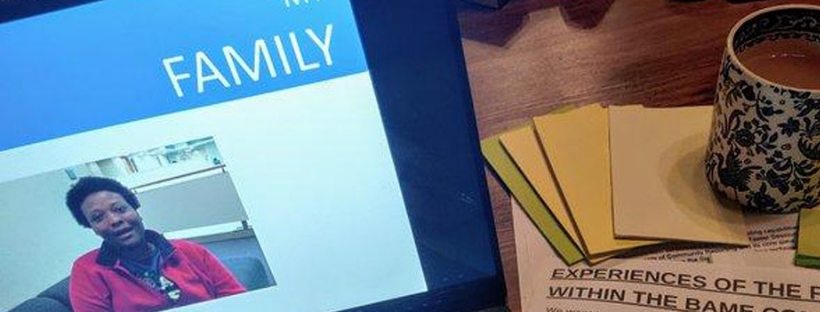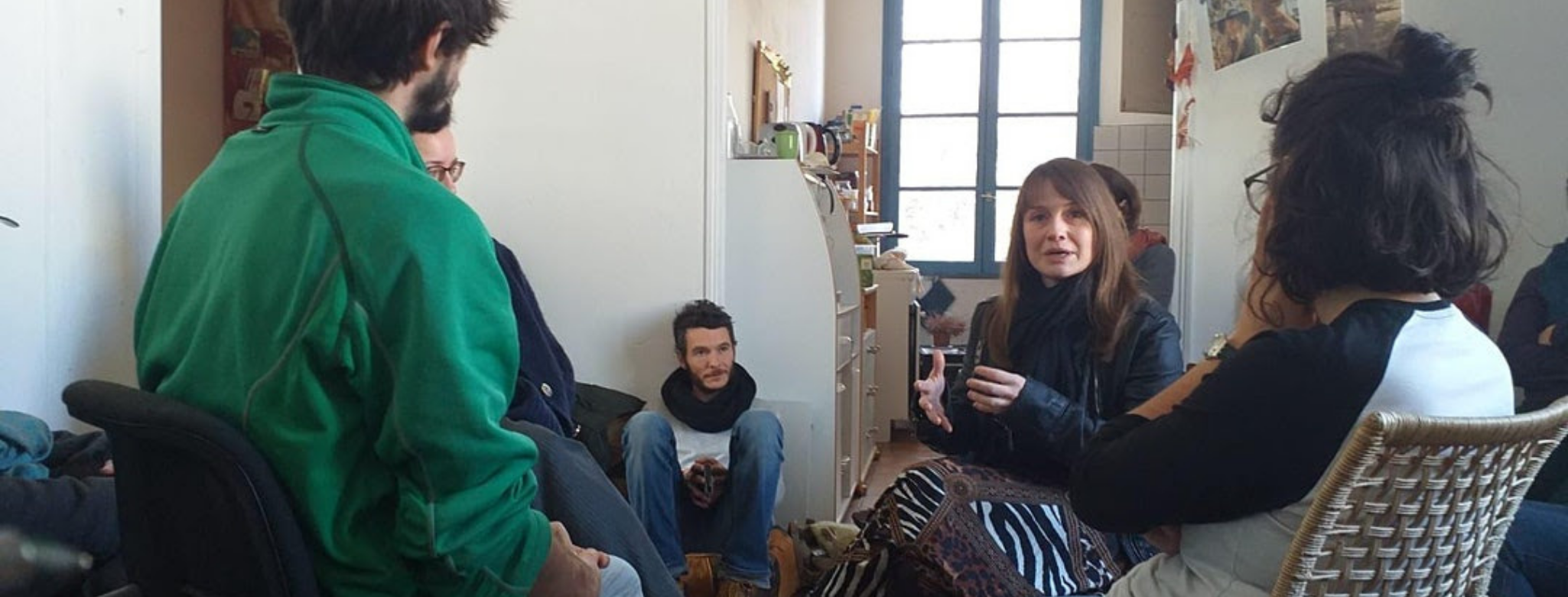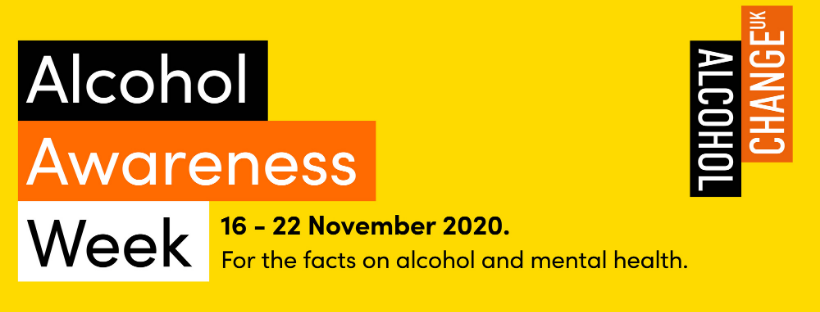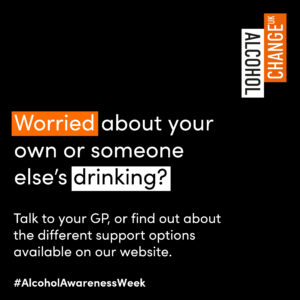NEW PROJECT ALERT: MENTAL HEALTH SUSTAINABILITY
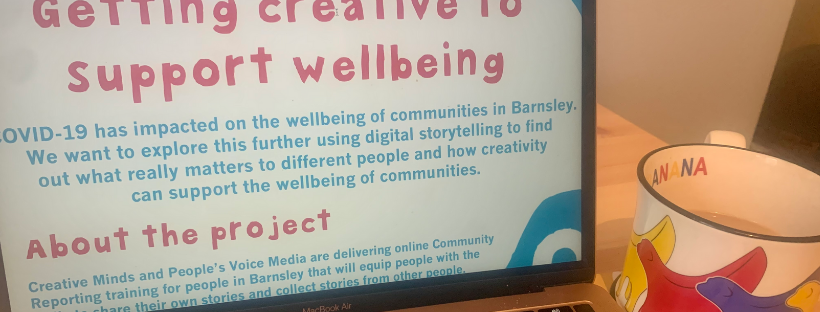
Both in Yorkshire and nationally we know that coronavirus has further exacerbated existing health inequalities. Local insight and work on earlier projects tells us the pandemic is having its greatest impact on more deprived and/or excluded communities in places such as Calderdale, Kirklees, Barnsley and Wakefield. Locally and nationally, there is also evidence to illustrate the disproportionate impact that coronavirus is having on our BAME communities. People’s Voice Media has already started some of this work thanks to community and charity funding in Calderdale and North Kirklees, but our new project, in partnership with Creative Minds and the Association of Mental Health Providers, will target the most deprived areas in Barnsley Wakefield and South Kirklees.
The project, Mental Health Sustainability, is a focused piece of work to understand the specific needs of the people within these communities, to understand what health and wellbeing support is needed. The project will see us train a network of around 45 Community Reporters from those communities to gather the experiences of the people who live there, and their thoughts on creative activities which would support them.
From the experiences of communities we will then work with our partners to develop culturally sensitive creative projects to meet local needs.
Watch this space…
